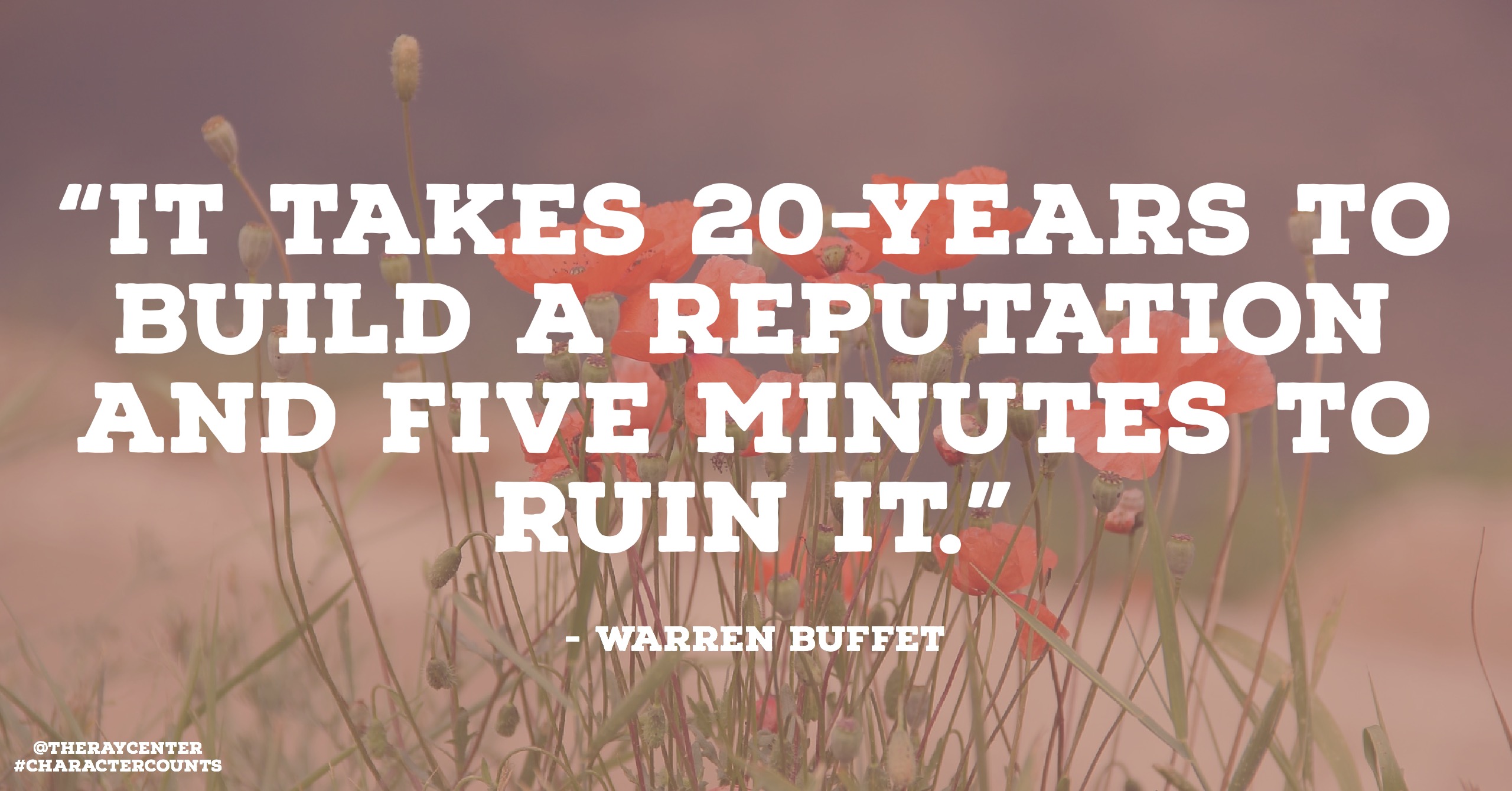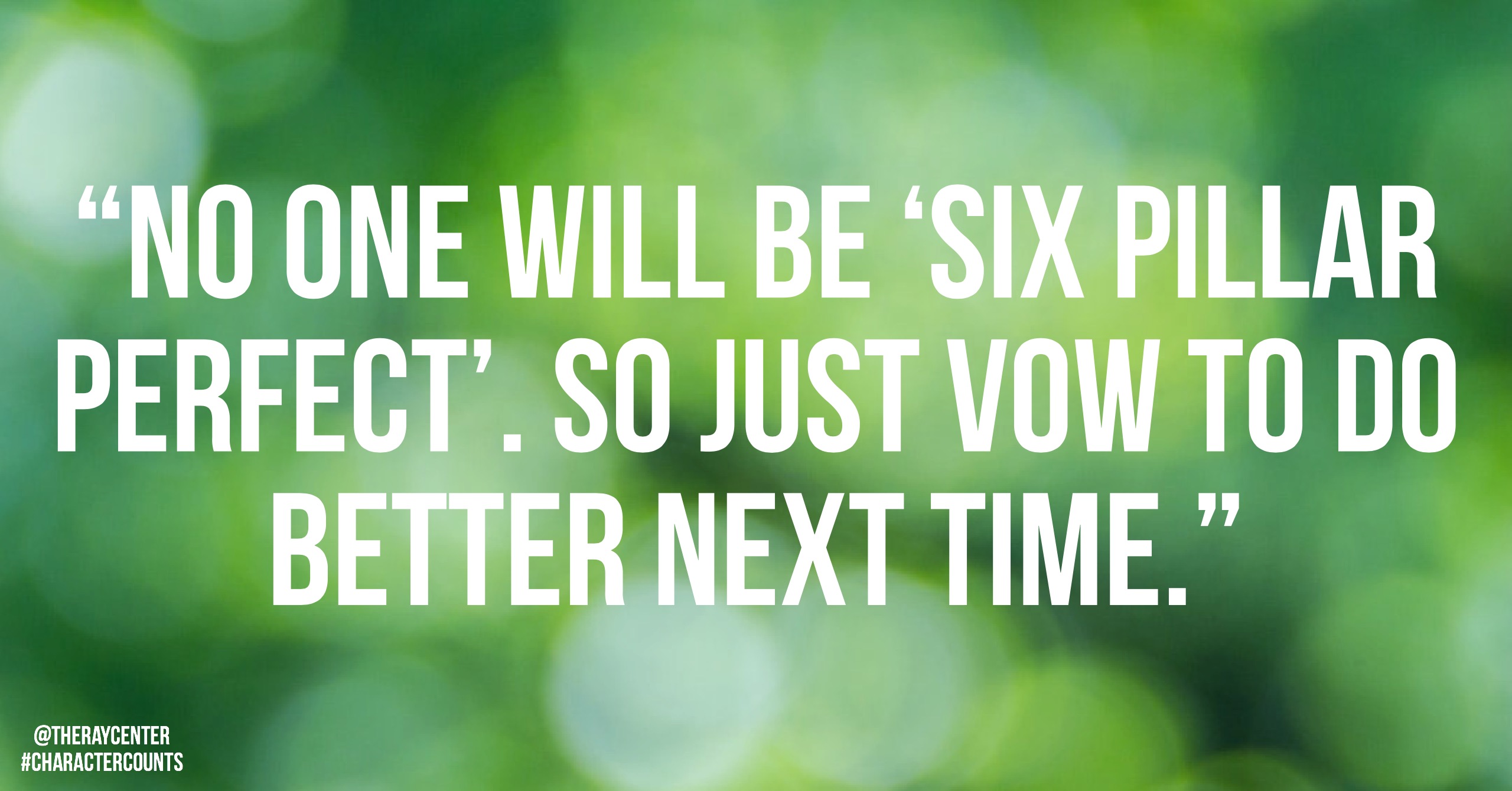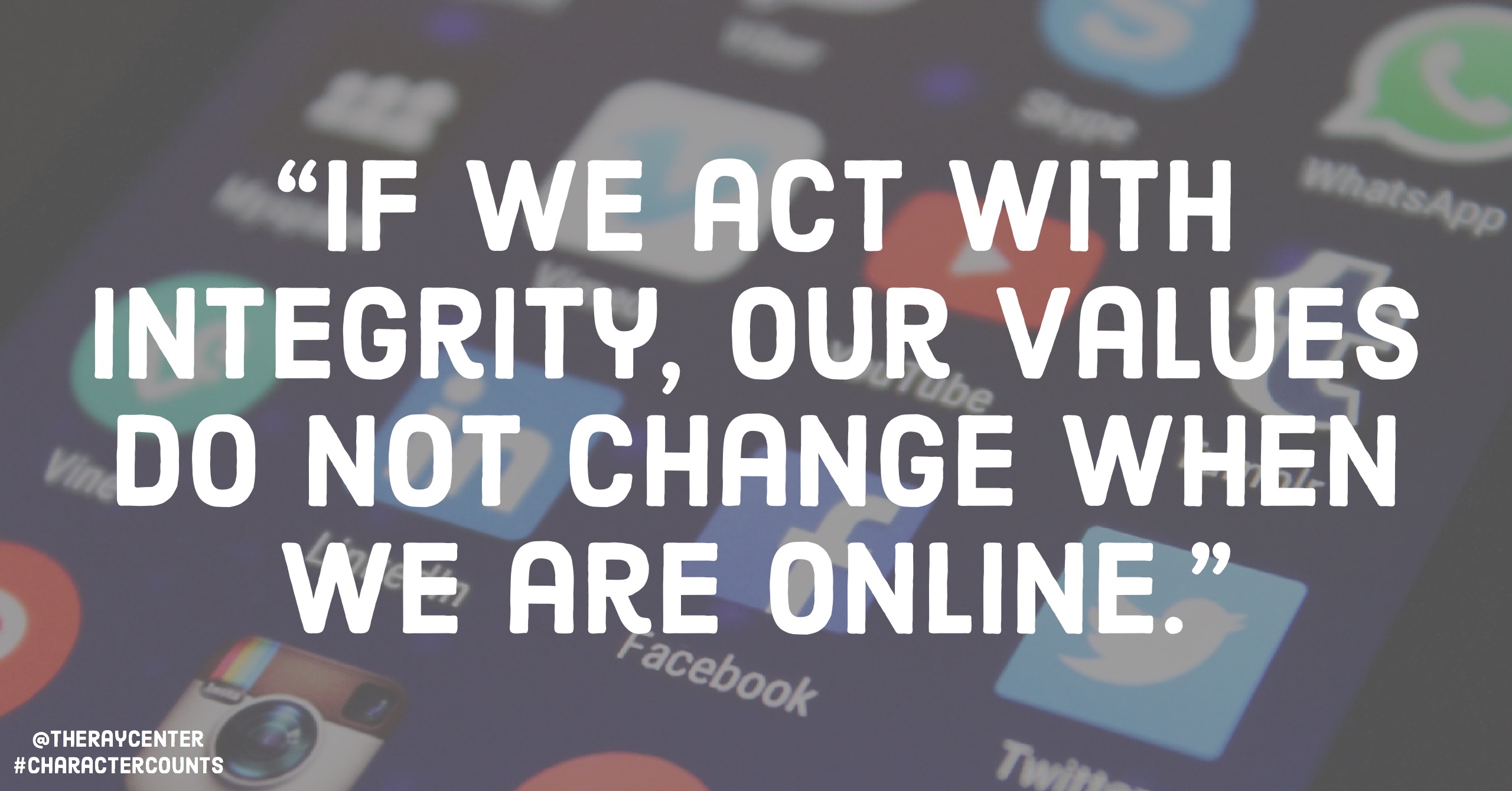
“As you go forward in life, you will be confronted with questions every day that test your morals. The questions will get tougher and the consequences will become more severe. Think carefully and for your sake, do the right thing, not the easy thing.”
This isn’t a quote from someone here on The Ray Center team, and it probably isn’t from who you would expect. This is part of a graduation speech from Dennis Kozlowki, the former CEO of Tyco. Mr. Kozlowksi gave this address just two weeks before he was indicted (and later convicted) of misappropriating more than $400 million of company funds.
There are many lessons to be learned from corporate scandals and how it relates to business ethics. But, let’s take a glimpse at the lessons we can learn personally from stories like this.
Reputation
Mr. Kozlowski was right. The decisions often do get tougher and hold potentially severe consequences, including damaging our reputations. Warren Buffet, CEO of Berkshire Hathaway, has said, “It takes 20-years to build a reputation and five minutes to ruin it.” This is why it is so important to have a good decision making process when faced with the tough choices. We are only given one chance at doing the right thing when faced with a big decision.
Here are three guidelines to help you make ethical choices from our friends at the Josephson Institute of Ethics:
- Ethical decisions take into account the interests and well being of everyone likely to be affected by your actions.
- Ethical decisions put the core values of trustworthiness, respect, responsibility, fairness, caring and citizenship above others.
- If its necessary to violate one ethical core value to honor another, do what will produce the greatest amount of good in the long run.
Try these three tips out the next time you have a tough decision to make. And, don’t forget – your reputation may depend on the outcome.
We’ll continue this topic in the next blog post, which will focus on “struggling visibly”. Do we allow others to fail ethically as long as they are trying? Do we expect more some people than others?



